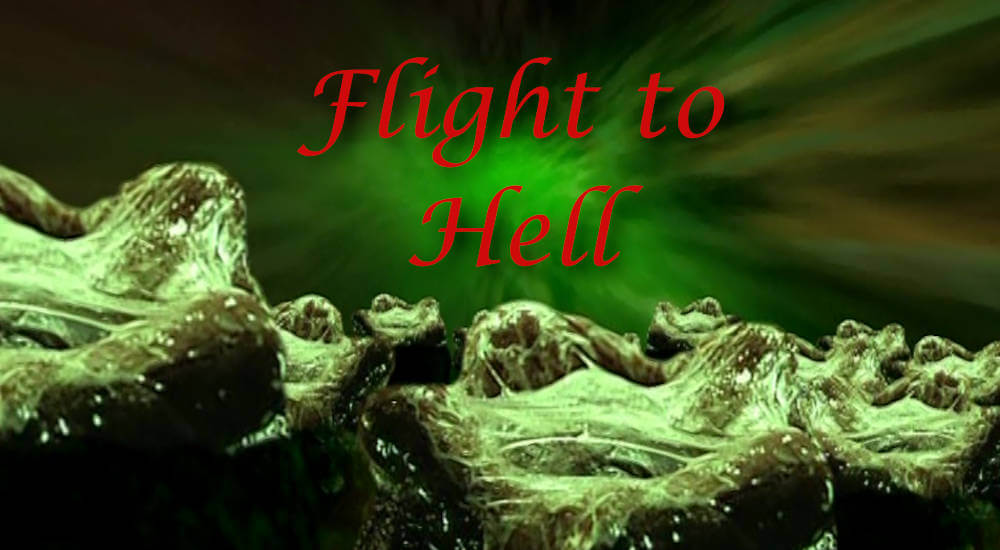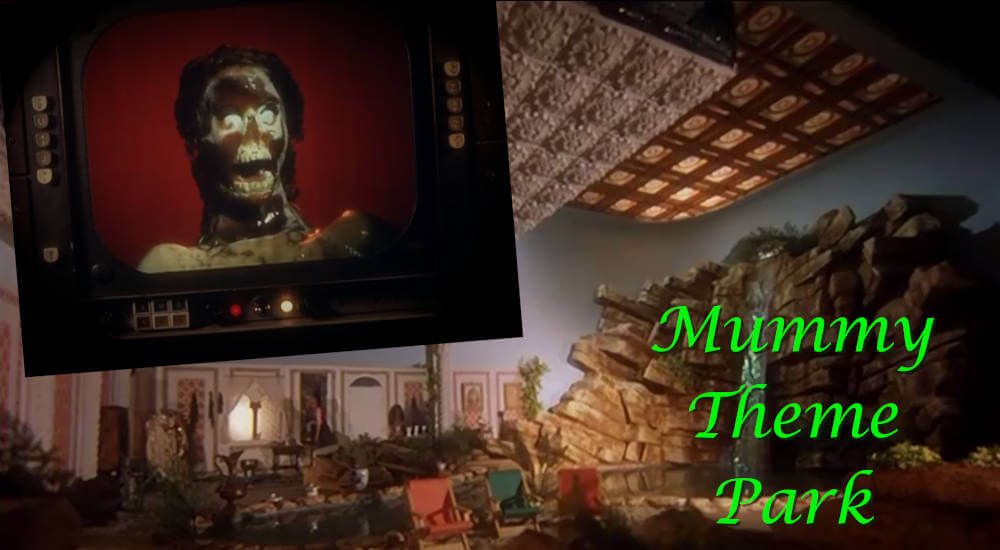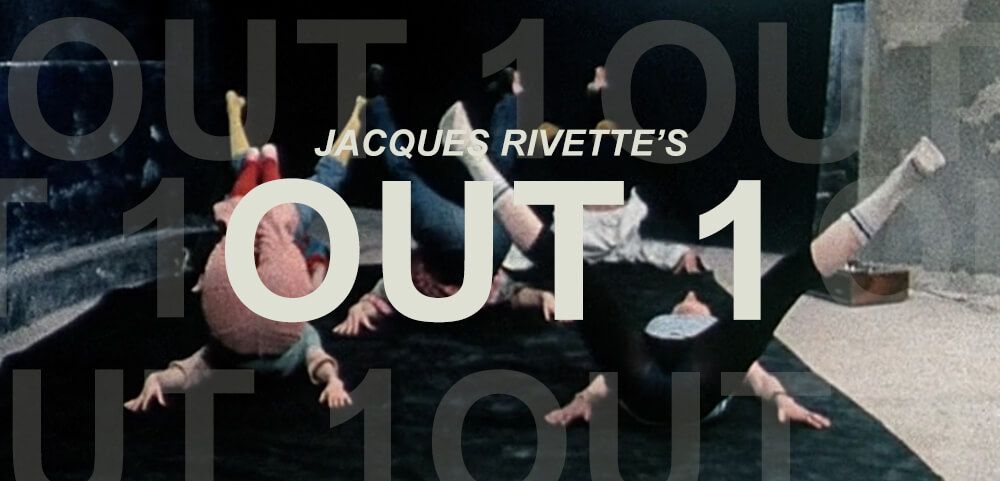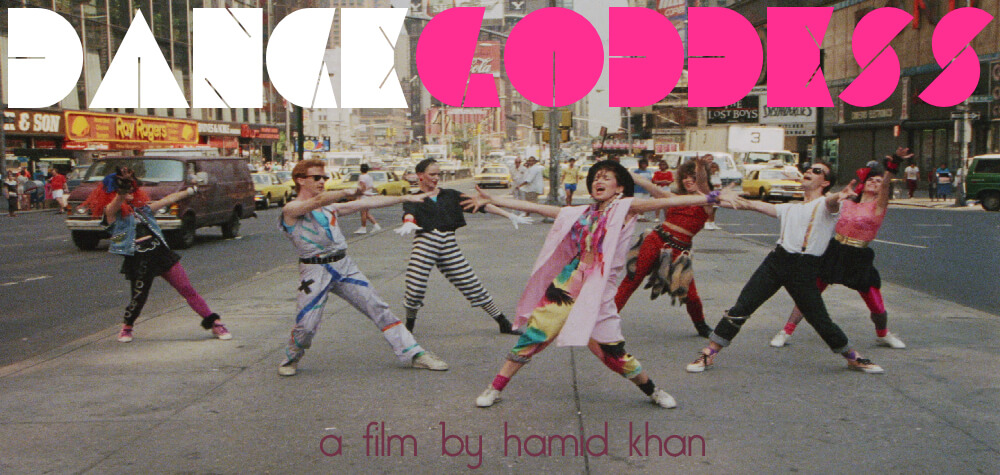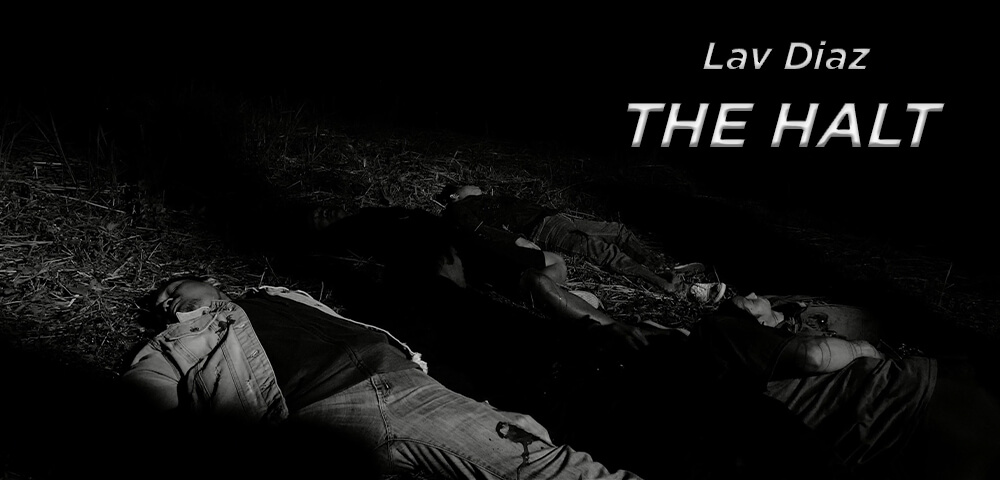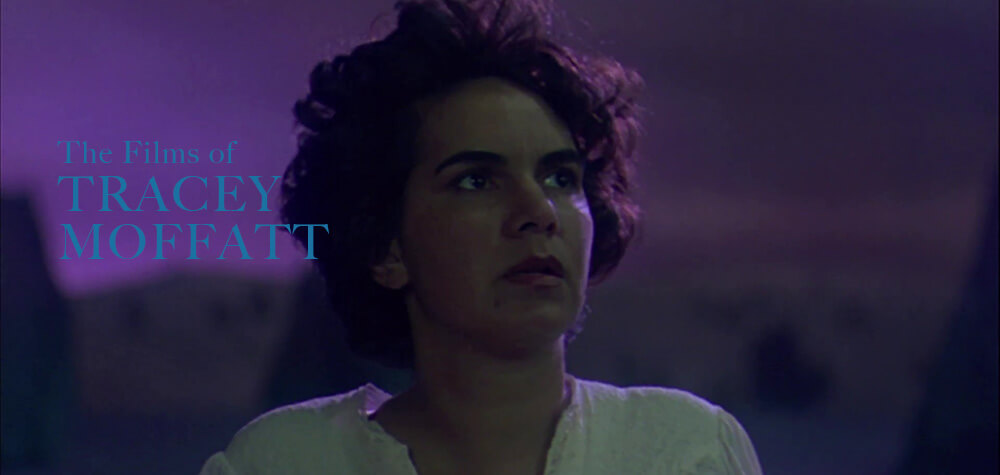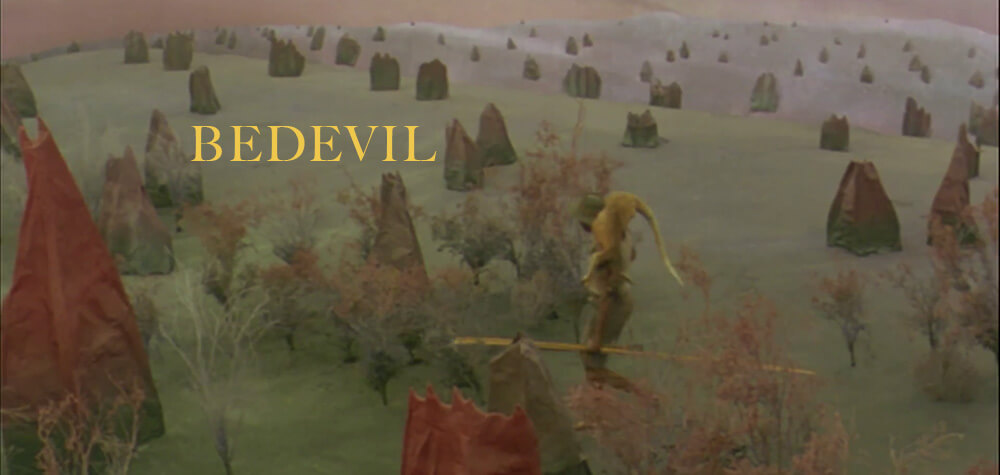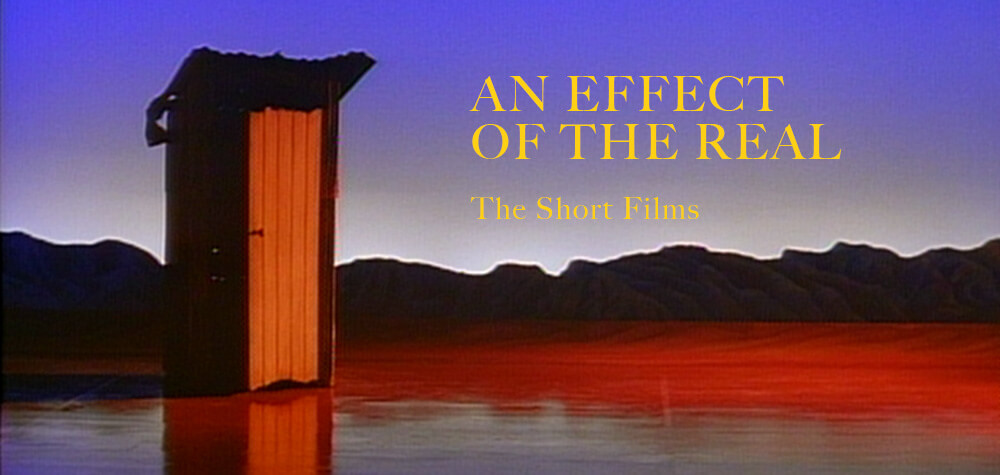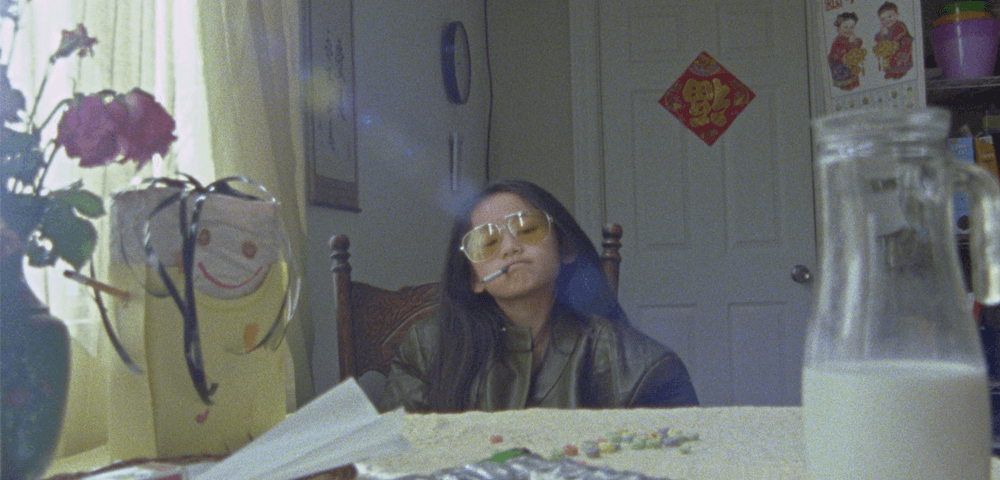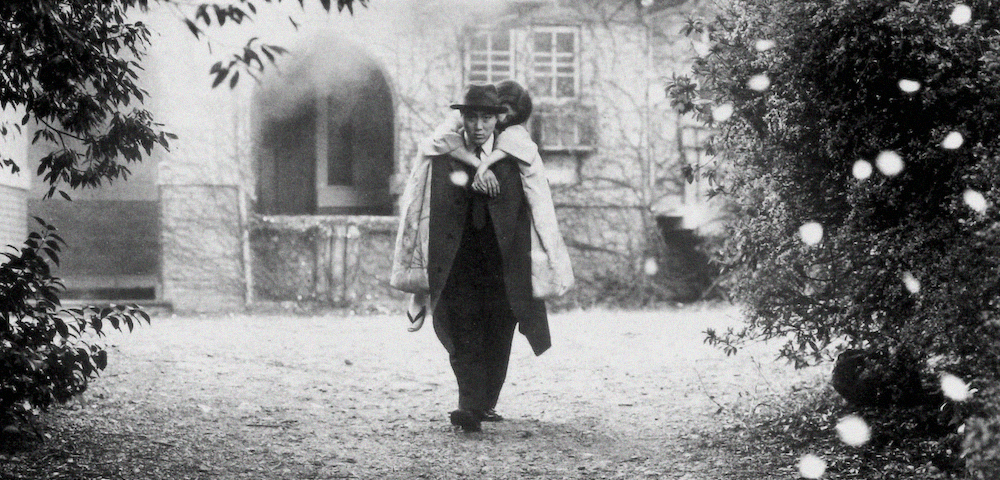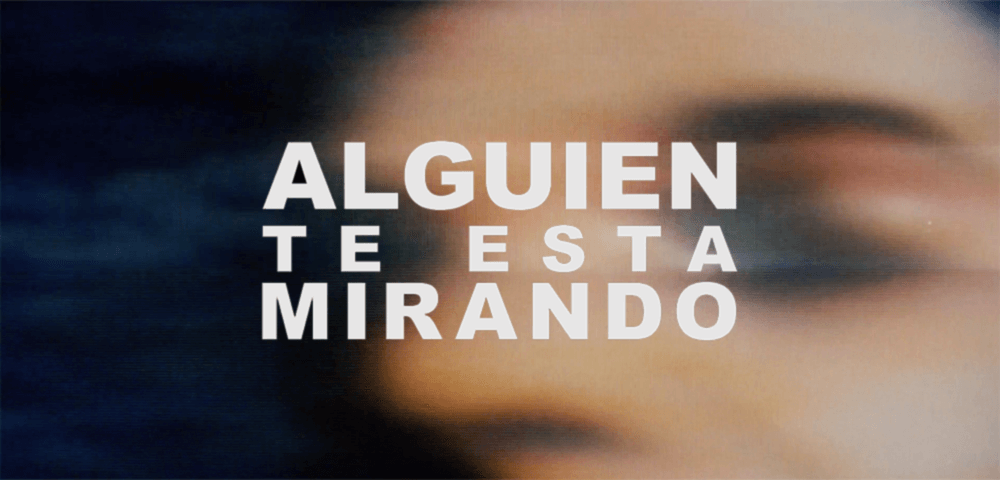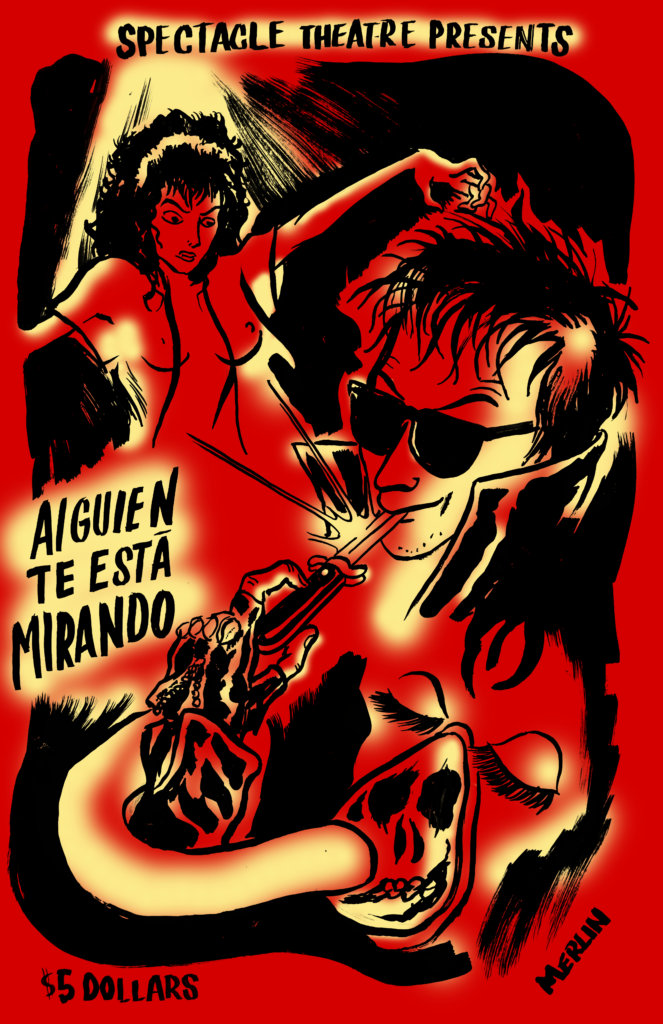
This October, in collaboration with our friends at Los Sures, Mi Casa Studios and the office of City Council Member Antonio Reynoso, Spectacle is thrilled to host the first-ever Southside Film Festival, a three-day celebration of Latino cinema (plus a block party on October 9) combining short documentaries about the neighborhood around South 3rd Street, a one-night-only outdoor screening of Leon Gast’s seminal Fania Records documentary OUR LATIN THING (1972) and a reprise of our classic LA BODEGA SOLD DREAMS program spotlighting Nuyorican cinema of the 1960s and 70s.

SOUTHSIDE SHORTS PROGRAM
dir. various, 2015-2021
approx 90 mins. United States.
In English, and in Spanish with English subtitles.
FRIDAY, OCTOBER 8 – 7:30 PM in-theater
SUNDAY, OCTOBER 10 – 7:30 PM in-theater
FILMMAKERS IN PERSON FOR Q+A!
This program spotlights filmmakers working in Williamsburg’s South Side, focusing in particular on portrait documentaries of beloved figures such as Tonita (Caribbean Sports Club), Papa Frenchie (Frenchie’s Gym) and boxer Wesley Ferrer, AKA “El Bongocero”.
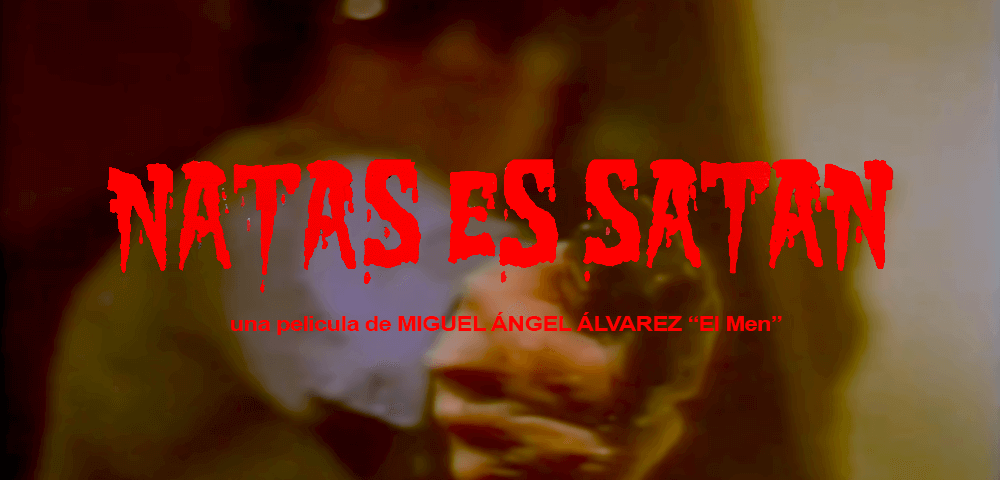
NATAS ES SATAN
dir. Miguel Ángel Álvarez, 1977
89 mins. United States.
In Spanish with English subtitles.
FRIDAY, OCTOBER 8 – 10 PM in-theater
Best known for his comic persona “El Men” back in Puerto Rico, Miguel Ángel Álvarez delivers a blood-curdling performance in the lurid 1977 exploitation thriller NATAS ES SATAN, as an NYPD officer who is literally the devil (re)incarnate. (Screenwriter Joe Zayas based his sordid tale of blackmail and murder on true events.) Despite being Satan, Natás is also a surprisingly plausible supervillain, at one point enacting vengeance on his enemy, a businessman named Victor (Frank Moro), by hiring a “double” (played by Moro again) to put him in a compromising position. Like LA TIGRESA, this film was shot entirely en español on location in Manhattan; while the dramatic stakes are small, NATAS ES SATAN succeeds as both a crime procedural and a hysterical psychodrama. Long before Natas has invited three transgender assassins over to his place to murder Victor during a DIY porn screening, you’ll agree the end product also feels not unlike an artifact from an alternate universe. Stay alert…. Natas may return!
NATAS ES SATAN is screening with English subtitles for the first time in the United States, translated by Aida Garrido and timed by Garret Linn.
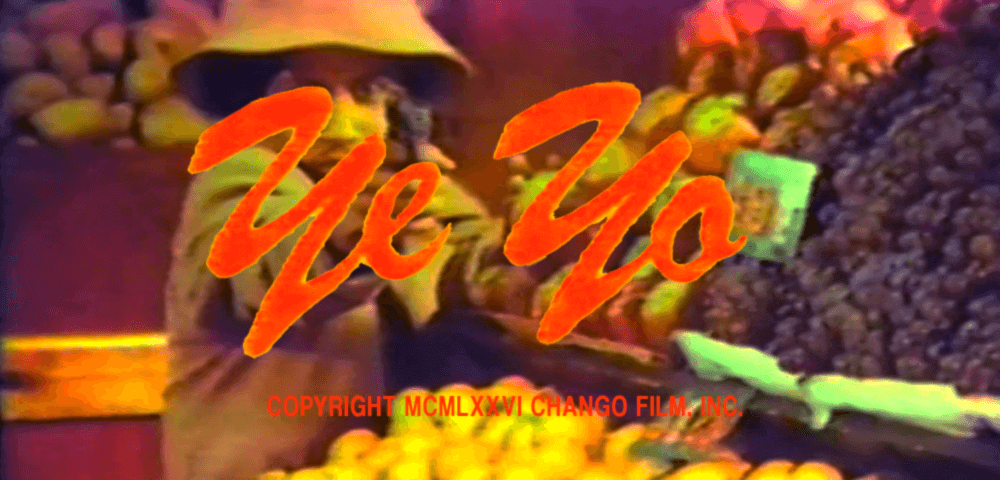
YE YO
dir. Tony Betancourt, 1975
79 mins. United States/Puerto Rico.
In Spanish.
FRIDAY, OCTOBER 8 – MIDNIGHT in-theater
Puerto Ricans were imposed U.S. citizenship in 1917 via the Jones-Shafroth Act. Lore recounts that Puerto Ricans were given citizenship so that they could be discharged as cannon fodder for the First World War and all succeeding wars that the U.S. engaged in thereafter. Produced by Changó International Films and shot by the prolific adult film cinematographer Larry Revene, YE YO tells the story of Rogelio Sotomayor, a Vietnam veteran and former prisoner of war with PTSD who returns to New York after the war. Upon his return he finds his wife Nydia with a lover and murders them. In an epic, days-long run-off from corrupt cops, Ye Yo relies on his community for cover in this Blaxploitation inspired drama.
YE YO is screening with English subtitles for the first time in the United States, translated by Aida Garrido and timed by Garret Linn.

OUR LATIN THING
(NUESTRA COSA LATINA)
dir. Leon Gast, 1972
100 mins. United States.
In English and Spanish.
SATURDAY, OCTOBER 9 – 7:00 PM – OUTDOOR at LOS SURES COMMUNITY CENTER (145 S 3rd St)
and at stream.spectacletheater.com
FREE! ONE NIGHT ONLY!
Among other legends, 2021 witnessed the passing of documentarian Leon Gast (WHEN WE WERE KINGS) and salsa legend / “El Judio Marvellosio” Larry Harlow. In honor of both – as well as the first-ever Southside Film Festival – we’re hosting a one-night-only outdoor screening of Gast’s classic Fania Records documentary OUR LATIN THING, widely heralded as one of the greatest concert films ever made.
Gast’s relationship with Fania predates OUR LATIN THING, as he had photographed seminal album covers released by the then-burgeoning salsa label. As a result, OUR LATIN THING benefits from an obvious camaraderie between the stars – which, beside Harlow, include Ray Baretto, Johnny Pacheco, Hector Lavoe, José Feliciano and Willie Colón – and the filmmaker. The film spans two days, interweaving an epic concert at the now-defunct midtown Cheetah nightclub with street scenes from the Lower East Side – santeria, domino games, shaved ice, a riveting cockfight – with a roving camera whose ambling style anticipates works like Richard Linklater’s SLACKER. At the center of it all is the unforgettable Fania All-Stars concert at Cheetah – a sweaty, panoramic drama in its own right.
Spectacle is thrilled to present OUR LATIN THING, one night only, outdoors and online, free of charge, in a gorgeous new digital restoration courtesy of the Academy Film Archive.
Special thanks to Edda Manriques and Geri Spolan-Gast.
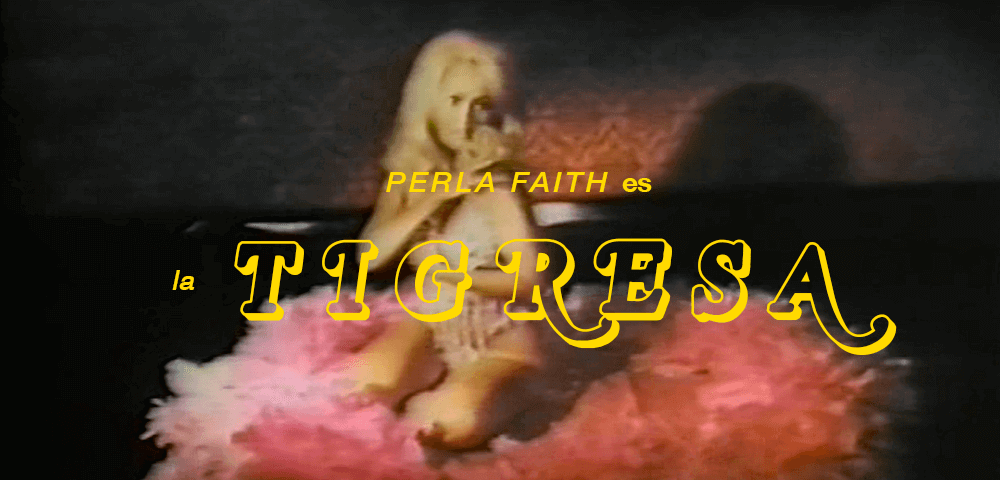 LA TIGRESA
LA TIGRESA
dir. Glauco del Mar, 1969
85 mins. United States.
In Spanish with English subtitles.
SATURDAY, OCTOBER 8 – MIDNIGHT in-theater
Glauco del Mar’s penultimate film LA TIGRESA is perhapsx his most accomplished, yet far less popular than his apogee, 1975’s TONO BICICLETA. It is in this bewilderingly feminist redemption narrative that we meet Patricia, a young woman living with her father, who is mercilessly ullied by her schoolmates, assaulted and raped in her home and is left with no resolve. Her alcoholic good-for-nothing father is killed during her attack. After inheriting some money and recovering her personal power, she sets off to avenge every single last person that did her wrong – making her list, and checking it twice. This classic redemption tale combines the amazing Perla Faith a legendary vedette with espiritismo, folklore, Miguel Poventud’s jangly guitar boleros, corrupt cops, and entrancing Harlem landscapes.
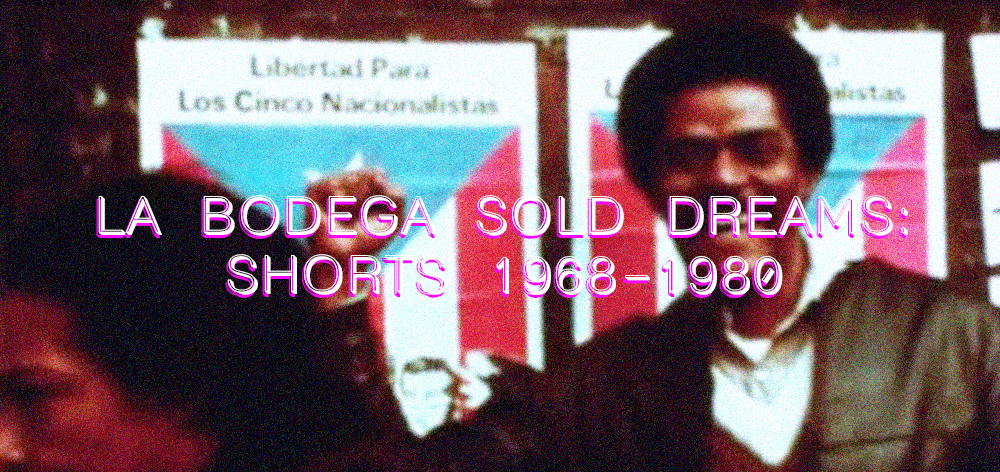
LA BODEGA SOLD DREAMS: SHORTS 1968-1980
dirs. Various
approx. 90 mins.
In English and Spanish with English subtitles.
SUNDAY, OCTOBER 10 – 3PM in-theater
Bracketed by two short TV documentaries – PUERTO RICO: A COLONY THE AMERICAN WAY, and THE DEVIL IS A CONDITION – this program looks at depictions of both Puerto Rican and Nuyorican culture regarding the island’s de facto status as an outpost of American imperialism. The material screened will include interviews with Ruben Berrios, leader of the Independence party, Rafael Hernández Colón, governor candidate for the Popular Democratic Party, and Carlos Romero Barceló, governor of the islands, known murderer, and darling of the Pro-Statehood party, the PNP. (Today, the PNP is the same political party incriminated in the recent upheavals over the #rickygate, #rickyrenuncia, #wandarenuncia, etcetera.)
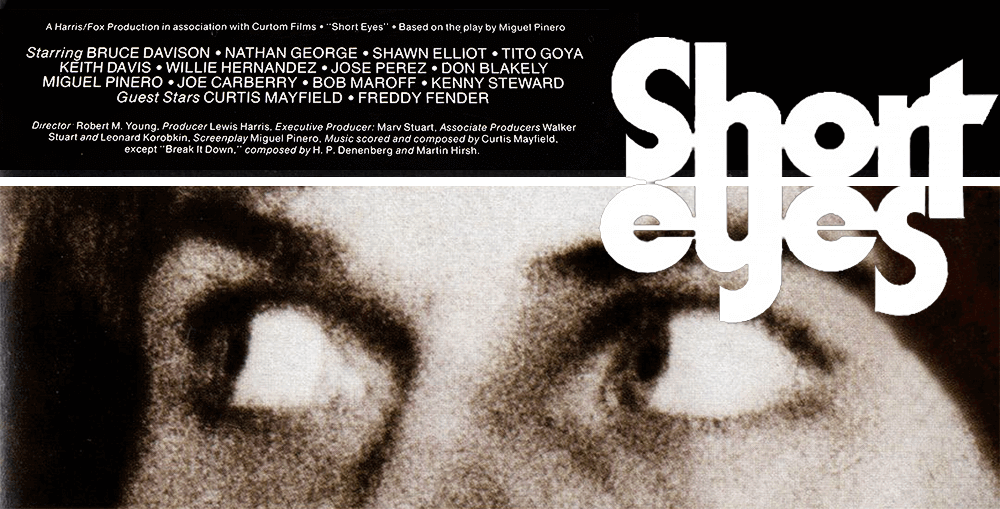
SHORT EYES
dir. Robert M. Young, 1977
100 mins. United States.
In English.
SUNDAY, OCTOBER 10 – 5PM in-theater
Adapted by poet Miguel Piñero from his play of the same name, SHORT EYES is closely based on his experiences incarcerated at Sing Sing after an armed robbery charge. Robert M. Young (ALAMBRISTA!) shot the film on location in the infamous Tombs, on White Street, while the prison was fully operational; the plot follows a gang of Black and Puerto Rican inmates figuring out what to do with a bourgeois white inmate named Clark (Bruce Davidson, making his big screen debut) who has been accused of raping an underage girl. “Short Eyes” is the in-prison nickname for pederasts, and Piñero’s screenplay doesn’t hold back in dissecting the dog-eat-dog culture among the inmates – several of whom have designs on Clark, who they consider the lowest of the low. A flawlessly executed ensemble piece buttressed by a silky-yet-menacing Curtis Mayfield soundtrack, SHORT EYES is a gripping and surprisingly even-handed look at life behind bars, widely considered one of the greatest prison films ever made. Young’s compassionate realism and focus on authenticity is a perfect match for Piñero, who also acts in the film (as do Mayfield and Freddy Fender, in bit parts), and whose run-ins with law enforcement would continue during and after production.
(SHORT EYES will screen with a 17-minute clip of Miguel Piñero reading at Magic Gallery in 1984, preserved and digitized thanks to XFR Collective.)


